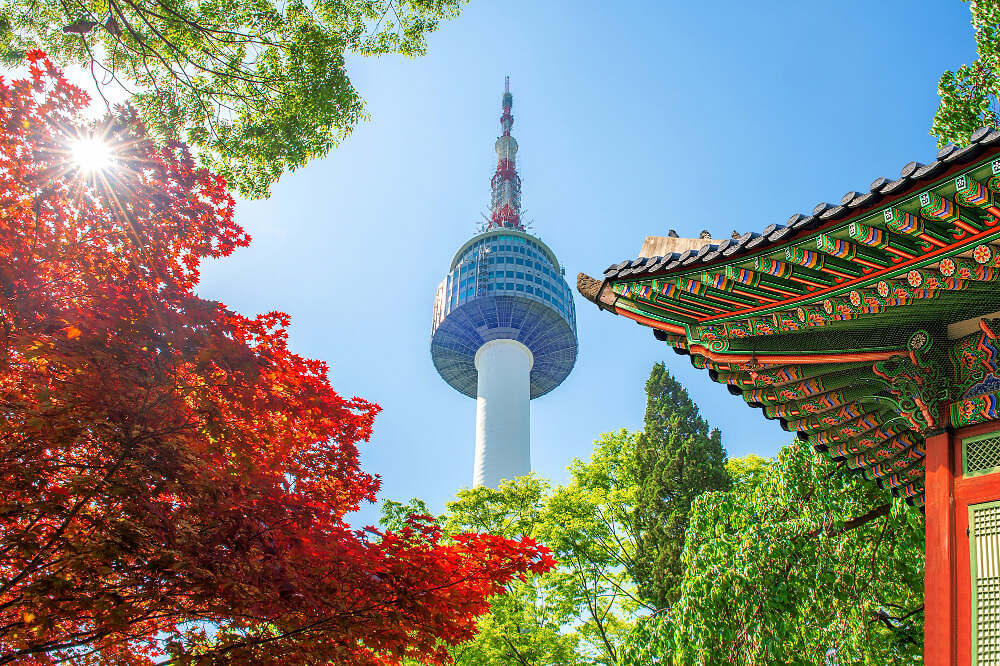Exploring Korean Culture
Korean Traditions, Food, and Modern Life
Explore the fascinating world of Korean culture, This article gives you a simple and clear look into South Korea’s customs, food, family values, and more. Learn about special holidays, delicious Korean dishes like kimchi, and the global rise of K-pop. Discover how people in South Korea balance work and personal life, and what makes Korean dating culture unique.

1. Korean Culture
Korean culture is a rich tapestry woven from thousands of years of history, tradition, and customs. From Confucian values to modern technological advancements, the culture reflects a blend of respect for the past with a forward-looking mindset. South Korean culture places a strong emphasis on family, education, respect for elders, and social harmony, all of which have been shaped by the country’s long history and influence of Confucianism.
2. South Korean Culture and Traditions
Traditional aspects of Korean culture can be seen in celebrations like Chuseok (Korean Thanksgiving) and Seollal (Lunar New Year), where families gather to honor their ancestors and share meals. Traditional attire, known as Hanbok, is worn during festivals and important family events. Respect for elders is an integral part of Korean traditions, and it is customary to bow to show respect when greeting someone older.
In Korean work culture, hierarchy plays a significant role, with respect and loyalty to one’s seniors being fundamental. Workers tend to show deep commitment to their jobs, often staying late into the evening as part of a cultural expectation.
3. Korean Food Culture
Korean food culture is as diverse as it is delicious. Meals are often centered around rice, vegetables, and meat, with kimchi—a fermented cabbage dish—being a staple in nearly every meal. Traditional Korean meals are typically shared, with several dishes laid out in the center for everyone to enjoy. South Korean food culture is famous for its bbq, where diners grill meat right at their tables, and the vibrant street food scene that offers everything from tteokbokki (spicy rice cakes) to gimbap (seaweed rice rolls).
Moreover, South Korean food culture emphasizes the idea of balance, not just in terms of flavors (salty, sweet, sour, spicy), but also in textures and colors on the plate.
4. Korean Pop Culture
Perhaps the most visible aspect of modern Korean culture is its pop culture—from K-pop to K-dramas. K-pop groups like BTS and Blackpink have catapulted Korean music onto the world stage, gathering millions of fans globally. Korean pop culture is heavily influenced by its entertainment industry, which includes film, television, and gaming. Movies like “Parasite” and dramas such as “Crash Landing on You” have attracted international audiences, sparking increased interest in all things Korean.
5. Korean Dating Culture
Dating in Korea carries its own set of cultural nuances. In Korean dating culture, there are specific milestones couples celebrate, like 100-day anniversaries, and it’s common to see couples in matching outfits to showcase their relationship. Dating culture in Korea is also influenced by the concept of “Sogaeting” (blind dates), which are often arranged by friends or coworkers. Respect for family and tradition plays a significant role, especially when it comes to serious relationships.
6. Korean Work Culture: Balancing Tradition and Modernity
Work in South Korea is often fast-paced and demanding. Korean work culture reflects a hierarchical system where seniority is respected, and employees are expected to show dedication to their company. The “Hoesik” culture—after-work gatherings—remains a common part of corporate life, where employees bond over drinks and meals. In recent years, there have been efforts to improve work-life balance, although long working hours are still prevalent.
7. Korean Culture Examples in Daily Life
One of the fascinating things about South Korean culture is how traditions are preserved in daily life. For example, many South Koreans still use on-the-floor seating when eating meals at home. Respect for elders can be seen in the way people speak, with honorific language being used depending on the age or status of the person being addressed.
South Korean food culture and daily rituals, like the communal nature of meals and the importance of sharing, reflect broader cultural values of harmony and togetherness.
8. Korean Culture Facts
Here are some interesting Korean culture facts:
- Kimchi is an essential part of Korean meals, and there are over 200 different types of kimchi.
- The Korean alphabet, Hangul, is one of the most logical writing systems in the world and was invented by King Sejong in 1443.
- K-pop and Korean dramas have created an entire wave known as the Hallyu Wave, promoting Korean culture globally.
- Hanjeongsik, a traditional Korean meal, includes multiple courses of small, exquisitely arranged dishes served simultaneously.
Korean culture is an extraordinary blend of ancient traditions and modern influences. From the vibrant food culture to the global impact of Korean pop culture, the country offers a unique window into both the past and the future. As South Korean culture continues to spread globally, it not only captivates people with its music and food but also provides an enduring respect for history and tradition.
Understanding Korean culture and traditions, including dating and work culture, allows us to appreciate the way South Koreans maintain balance between tradition and modern life, making their culture truly remarkable.
